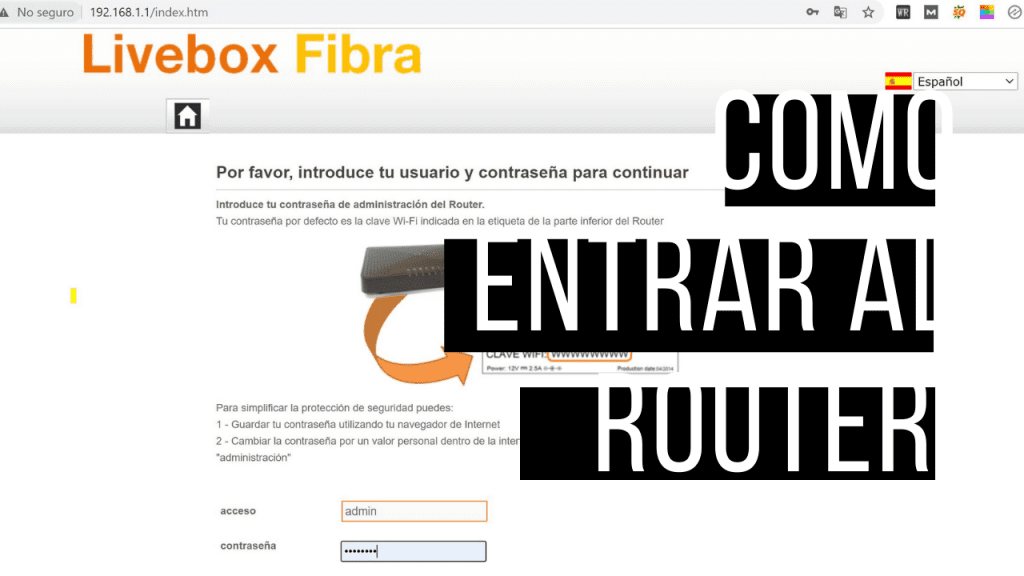Developed by Sun Microsystems, Java is a leader in cross-platform programming and application development. The reason why Java has gained such a huge following and unprecedented popularity is because the language offers a very simple and efficient approach to perform various programming tasks and assist developers. Below are tips that could help you get started as a Java developer or take you to the next level in the programming language.
Article Content
Tips for learning Java programming
Solidify your Java basics
Because Java offers so many features and options for developers, beginners are often tempted to learn too many things in too short a time. The result of this is superficial knowledge in many areas. However, the most important basic concepts hang by a thin thread.

Believe me when I tell you, like java developer For a long time, Java is easy to learn if you follow the basics. Yes, it can be frustrating to deal with the basics until you finally understand them. From my point of view, the worst variant of learning Java is to think short-term and constantly jump on the latest trend or the latest library.
Learning takes place in practice
If you are only learning Java for an exam during your studies, then you can deal almost exclusively with the theory. However, if you have higher goals to become software developer or to create the next cool Android app, you need to get away from theory and practice as soon as possible. The best way to learn the many programming tools is to practice. On Google you will find numerous interesting project ideas that are suitable for Java beginners.
In short: look at the theory and then implement what you've learned in code form. You will never be able to learn Java if you are not willing to get your hands dirty.
Understand your code and your algorithm
Even if you're just trying to solve a small problem with your code, for example with an if query, write your code on a piece of paper. Once you have the idea behind the code on a piece of paper, you will understand your code much better on the computer.
Even for experienced developers, this is the best way to solve a complex problem or formulate an algorithm to solve a Java program. It is helpful to break the problem into parts and then try to find a solution for each part. When you start finding the right solutions, your confidence will increase to code even more.
Think about memory allocation
This tip is especially useful for those moving from C, C++ to Java. Allocate memory in Java with keyword 'New' It is a necessity because Java is a dynamic programming language.
C, C++ don't have this feature explicitly, so you need to be careful when dealing with object and array declarations in Java. If the "new" keyword is not used, an exception is thrown in the code.
Avoid useless objects
When you create an object in Java, you consume memory and processor resources. Since creating an object is incomplete without allocating memory to it, it is best to keep the demands on the object under control and not create unwanted objects in your code.

The standard library is a blessing
A big advantage that Java has over its predecessors is the large selection of standard libraries. Using the Java standard library makes your job as a developer easy and efficient. It also gives you a well-organized coding process. With the methods specified in the library, you can easily perform various operations without solving these problems with a lot of your own code.
String manipulation
Since Java views String as a class, a simple concatenation of two strings could result in the creation of a new String object in Java. This in turn has an effect on RAM and system speed. Therefore, it is better create an instance of a String object directly without using the constructor for this purpose.

Expert in SEO/SEM and communication on social networks.
CEO at tecnologia.net and passionate about everything related to technological progress






